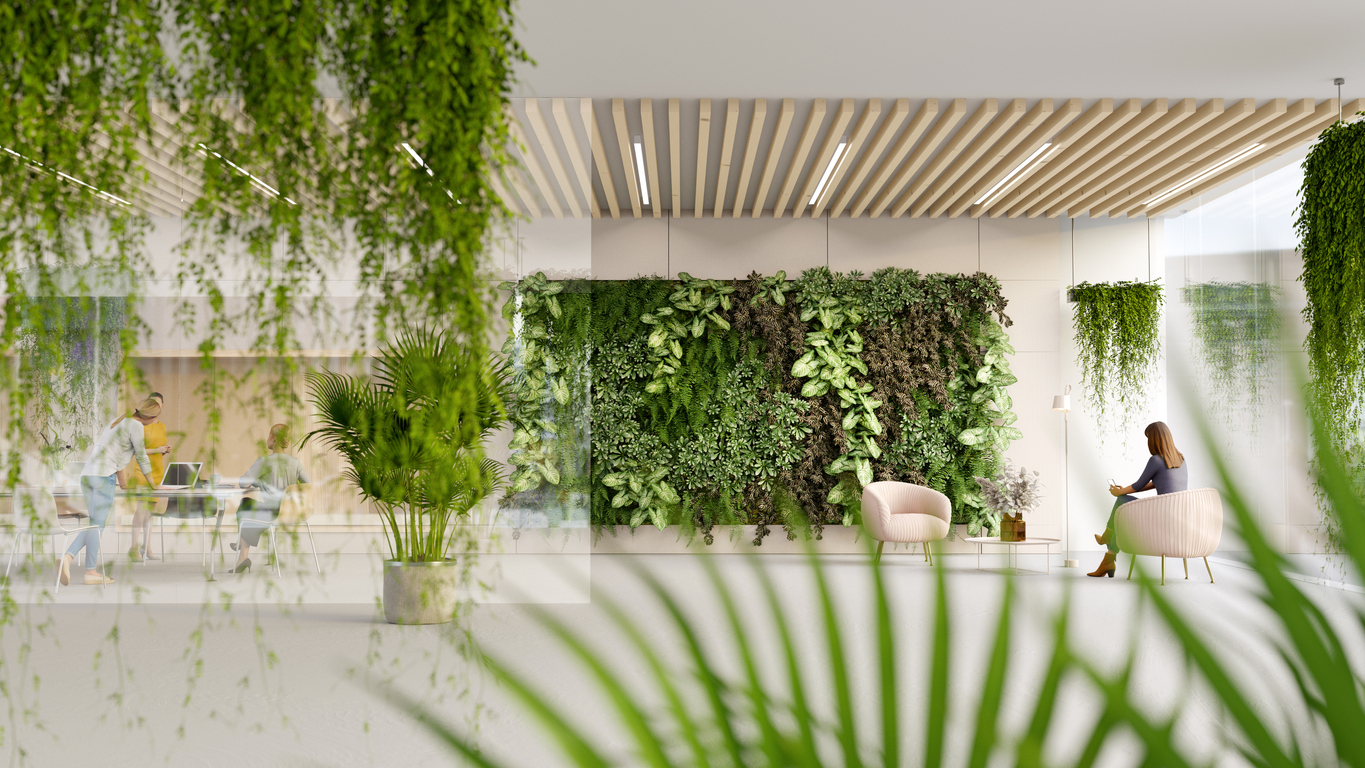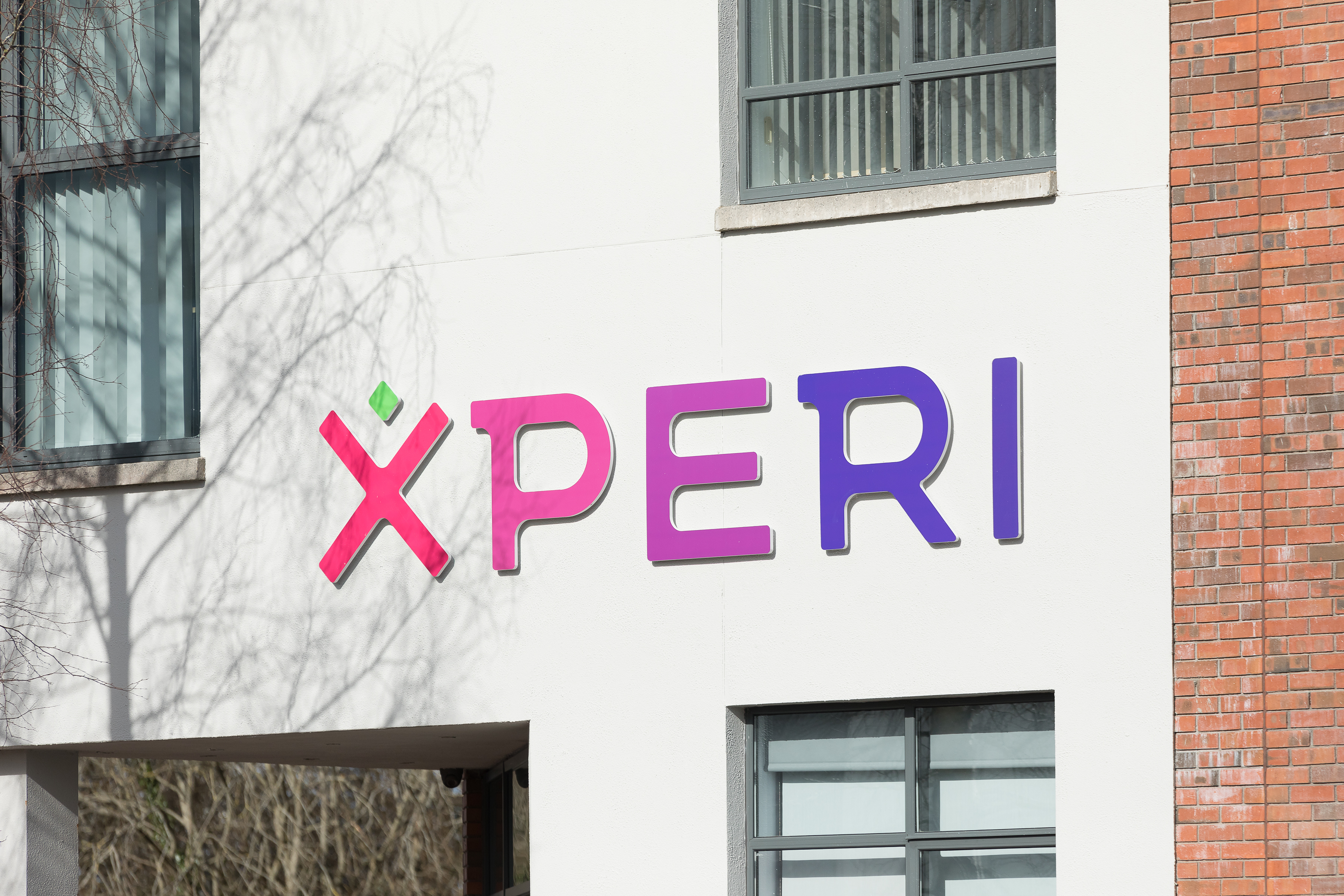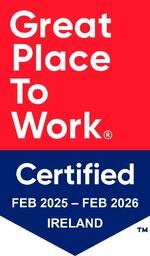The future of the office: how top-notch facilities, face-to-face contact and foosball can boost productivity
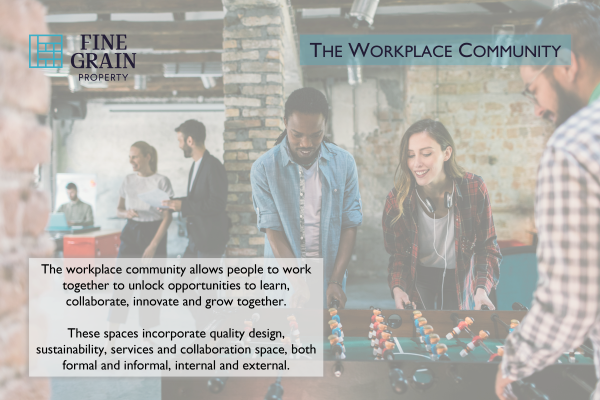
 Bad news for office foosball fans: business leaders rank the game as the least likely office initiative to foster innovation within their organisations. Even beanbags scored more highly, according to a poll of board level executives at 285 companies operating in Ireland, carried out by Fine Grain Property.
Bad news for office foosball fans: business leaders rank the game as the least likely office initiative to foster innovation within their organisations. Even beanbags scored more highly, according to a poll of board level executives at 285 companies operating in Ireland, carried out by Fine Grain Property.
Okay, so it’s not that surprising that decision-makers place access to talent, proximity to tertiary education facilities and great digital infrastructure above the lowly foosball table. After all, these are prerequisites for companies when building an environment in which people can collaborate and innovate, particularly in markets facing a dearth of talent.
Human connection is crucial
But I, for one, would like to speak up for foosball. Not because I play a mean game (which I do), but because facilitating face-to-face, relaxed and friendly interactions in the workplace has never been more important. As businesses emerge from nearly two years of intermittent home working into the ‘new normal,’ human connection is crucial.
That’s because we are social animals. The toll national lockdowns, social distancing and enforced isolation have taken on the nation’s mental health is proof of this. Now, as we return to our workplaces, it’s clear that we don’t only go to the office to make a living; we go to interact, share thoughts, ideas and laughter... and maybe even a game of foosball.
Workspaces must reflect company vision
Still, there’s no getting away from it: foosball and beanbags – like the infamous nap-pods and other zany accoutrements the offices of Google and Facebook are famed for – are often seen as gimmicks (see below graph). It’s easy to see why. Sticking a primary-coloured beanbag and a slide in the corner of an office will not help retain talent or foster innovation on its own.
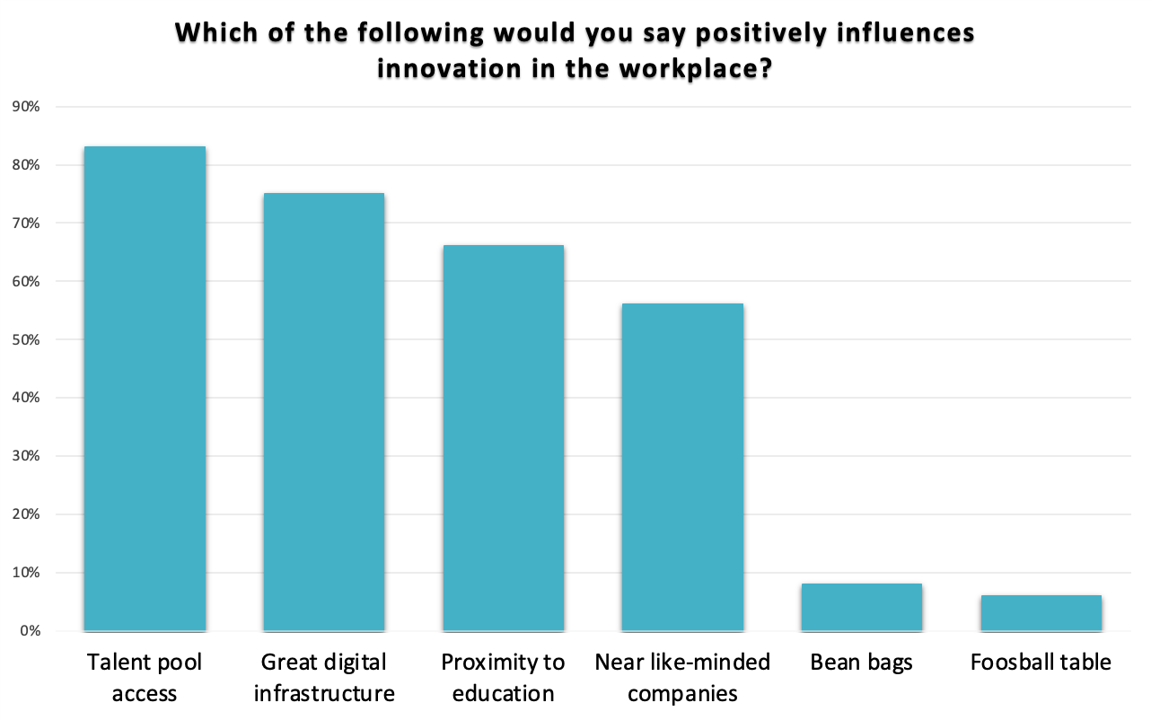
Such efforts can never be surrogates for the fundamentals of running productive, efficient and pleasant places to work. Space needs to reflect a company’s vision, empower staff, facilitate meaningful connections and reflect the importance workers are rightly placing on environmental sustainability and physical and mental wellbeing at work.
Location, location, location
At Fine Grain Property, these values underpin our approach to our portfolio of office space, which stretches across nearly one million sq ft and 14 properties around Ireland. For our more than 60 clients, proximity to talent, transport links, like-minded companies operating in similar spaces and green space are paramount.
Take the Westpark Shannon Business Campus in County Clare. This development of more than 200,000 sq ft of modern office space is a stone’s throw from Shannon Airport and has become a cluster for pioneering companies in the aviation sector. It’s set on a hill in 40 acres of landscaped gardens and provides a place for people and ideas to mix.
"We don't only go to the office to earn a living - we go to interact, share thoughts, ideas and laughter... maybe even a game of foosball."
Happier workers are more productive
Untethering people from their desks helps in that regard. Opening space to allow people to eat, drink, socialise, and exercise may seem counter-productive, but the dividends of doing so are clear. A recent study by researchers at Oxford University’s Saïd Business School found that workers are 13% more productive when they are happy.
You might think that happiness is an individual thing. And you’d be right to a point. Even I must concede that foosball isn’t everyone’s cup of tea. But all humans need what foosball – or sharing a walk-through green space, a coffee or even a chat with a colleague whilst lounging on a beanbag – facilitates: face-to-face interaction.
People need social contact
Research shows that we have a chemical need for such social contact. When we physically interact with others – be it a handshake at a meeting, a pat on the back after a post-work drink or a high five over the foosball table – our bodies release the feel-good hormone oxytocin, which also helps dampen the effects of the stress hormone cortisol.
Zoom meetings just don’t pack the same chemical punch. The huge technological advances made in recent decades mean, at least from a practical point of view, we no longer need to meet our colleagues, clients or managers to get a job done. But, because we’re still social animals, to get a job done well we still need that social contact.
Work and leisure spaces are blurring
This helps explain why distinctions between work and leisure space are blurring. Fifteen years ago, you’d have been hard pushed to find a quiet space in a hotel lobby to plug in a laptop for an hour before a meeting; equally so, anyone hoping to meet with colleagues over a coffee in a business park would have had to make do with a Styrofoam cup.
Business relies on human interaction. After nearly two years of being starved of much of that interaction we’re used to, the evolution of business parks to become more like places of leisure is gathering pace. Some of the space that was previously dedicated to desks is becoming places where people can meet, eat, drink and, yes, play.
That’s why foosball, or any other office initiatives that promote interaction and enjoyment, laughter and high fives, can make for happier, more productive and less stressful workplaces. Ultimately, that also helps make more successful and profitable companies. Stop me for a game next time you see me.
Written by
Damien Kilgannon, Real Estate Director, Fine Grain Property


